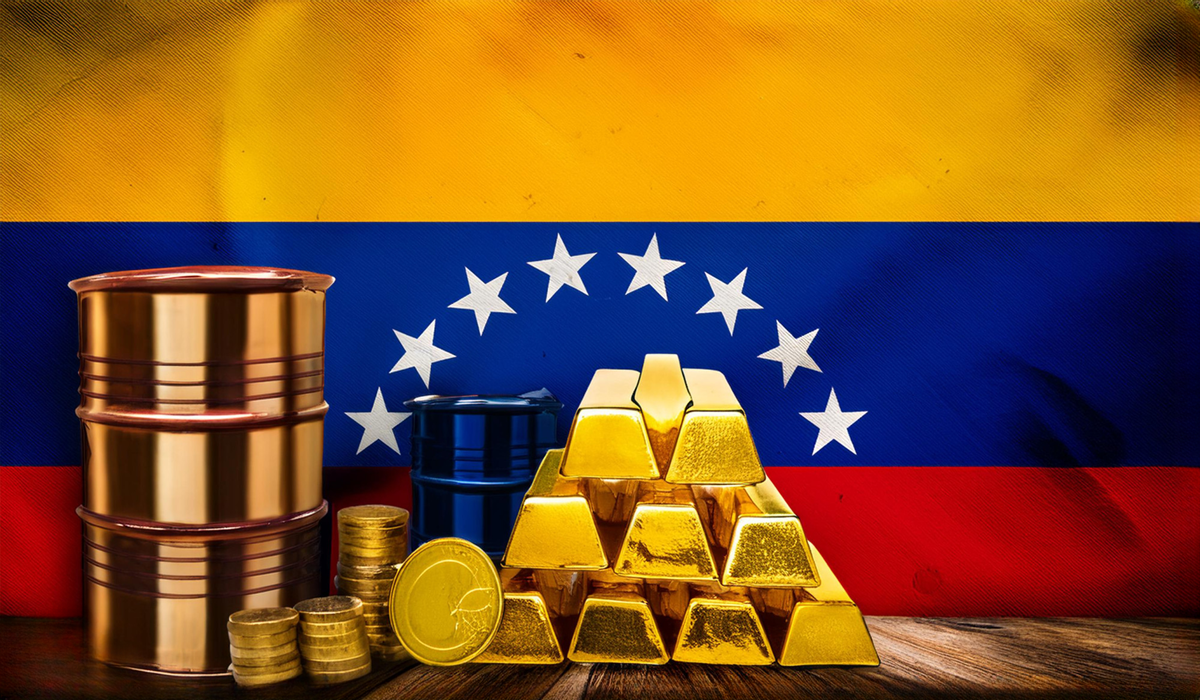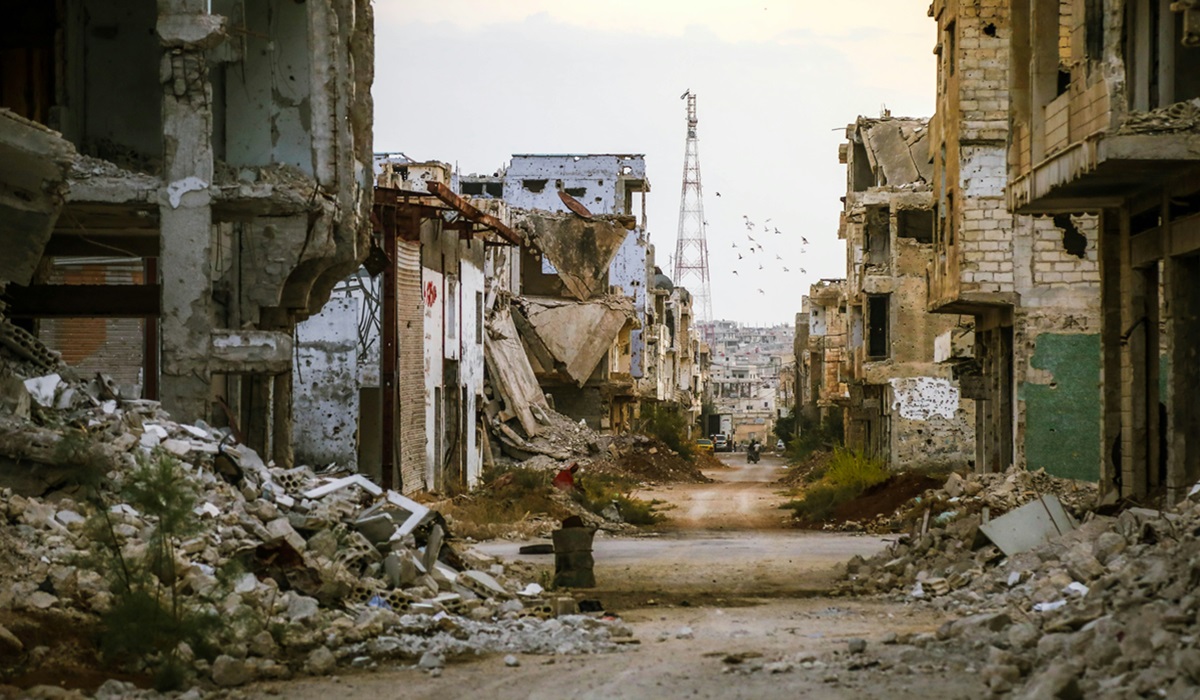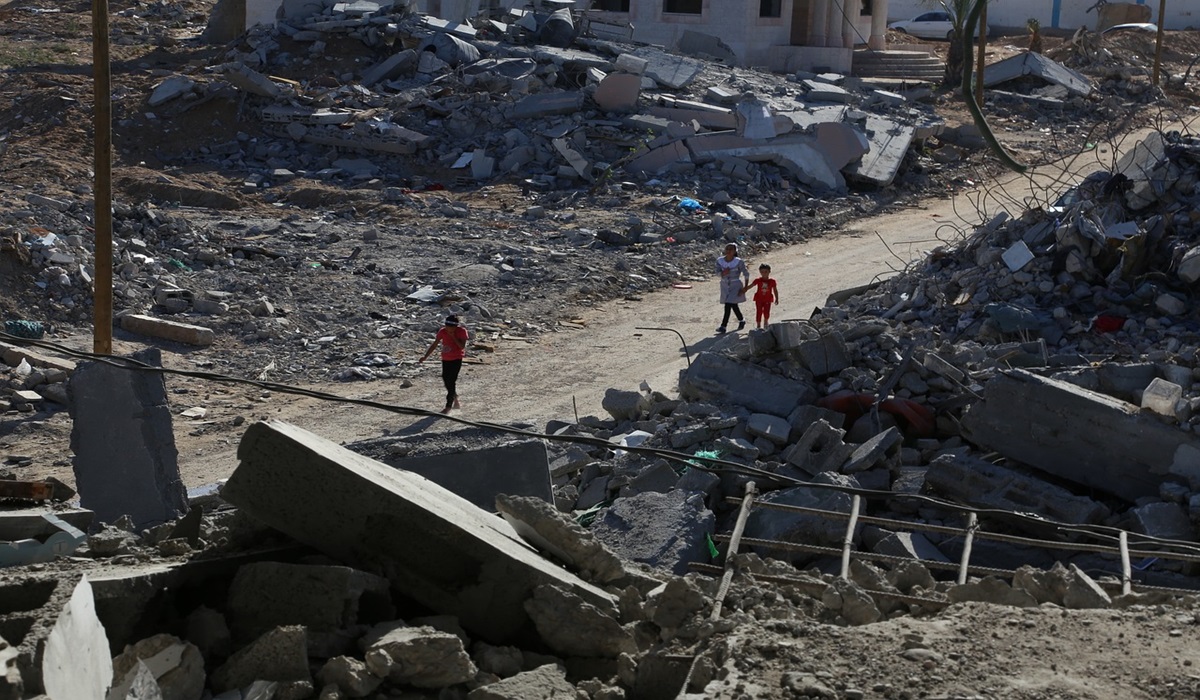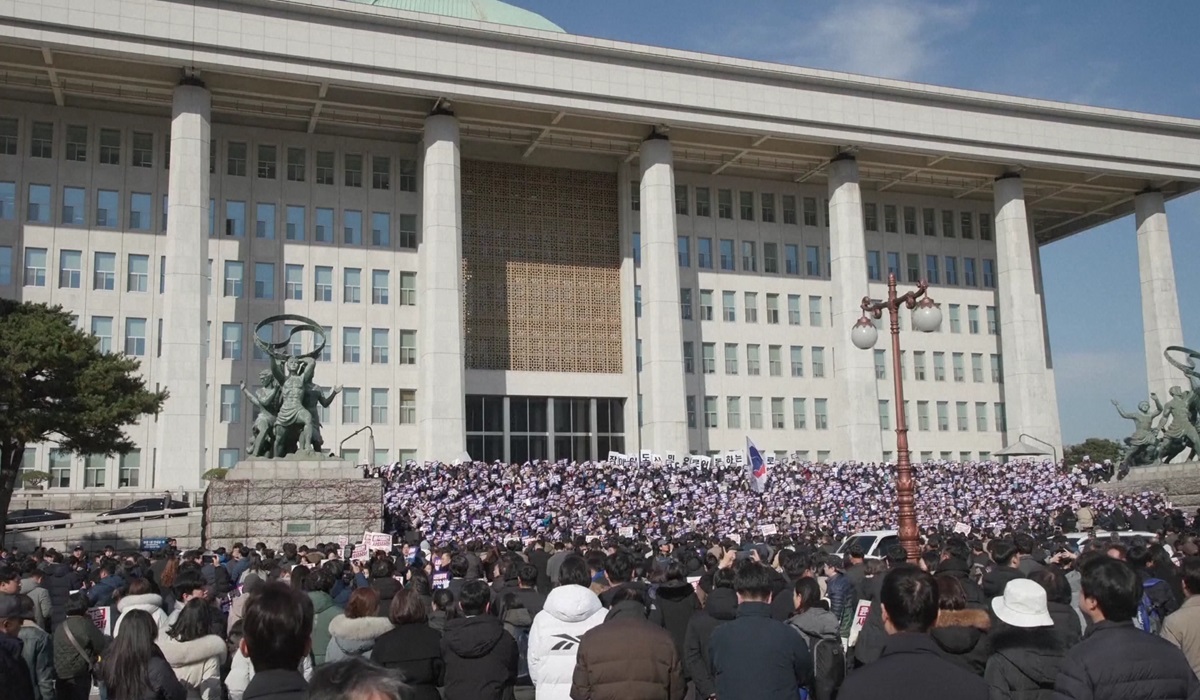Oil & Gold: Why Does The U.S. Consistently Interfere and Undermine Democracy In Venezuela?
- TDS News
- Breaking News
- Latin
- August 2, 2024

The persistent narrative that elections in Venezuela are corrupt and illegitimate serves as a pretext for ongoing interference and sanctions. This portrayal aims to discredit the government and justify backing opposition figures. By casting doubt on the electoral process, the goal is to facilitate regime change. In reality, these elections are among the most secure globally, with both electronic voting and paper ballots, and overseen by over 900 international observers who report no significant irregularities. Despite this, the narrative persists, masking the true agenda: control over vast oil reserves and maintaining geopolitical dominance.
For decades, U.S. influence has significantly shaped the country’s trajectory, often to the detriment of its people. The story is one of exploitation, manipulation, and relentless pursuit of natural resources. It’s crucial to examine the history and impact of U.S. actions, particularly the imposition of harsh sanctions and their role in creating social unrest and poverty.
Before Hugo Chavez’s election in 1998, the nation’s oil wealth was controlled by a powerful elite who amassed enormous profits while most people faced poverty. The U.S., eager for a steady oil supply, endorsed this exploitation. American oil companies thrived, with revenues funneled into the hands of the wealthy, leaving the country’s social and economic fabric in tatters.
Chavez’s election marked a significant shift. His government nationalized the oil industry, redirecting profits into social programs to benefit ordinary people. This move antagonized Washington, which had grown accustomed to the previous arrangement. Efforts to destabilize Chavez began immediately, culminating in a failed coup attempt in 2002. This was not an isolated incident; subsequent administrations continued to undermine Chavez and his successor, Nicolas Maduro, through both overt and covert means.
A notable example of interference was the recognition of Juan Guaidó as the country’s legitimate president, despite Maduro being the elected head of state. This recognition extended beyond rhetoric; U.S. authorities handed control of key assets, such as Citgo, to Guaidó, further isolating Maduro’s government.
Ahead of the latest election, the State Department and the handpicked opposition leader declared they would not accept any outcome unless they won. This stance, combined with opposition factions rioting, signaled an unwillingness to concede in good faith, further sowing doubt. Meanwhile, Western media overlooked the millions marching in support of Maduro, who stands against efforts to reclaim the country’s oil reserves.
In a troubling repeat, the latest recognition of opposition leader Edmundo González as the election winner, despite a lack of physical proof, further undermines the electoral and democratic process. This dangerous political interference is now being echoed by global allies, who are dismissing the mass support for Maduro. The millions who back him reject attempts to install a more amenable leader.
Economic sanctions have been a principal tool of U.S. policy, ostensibly targeting the government but, in reality, causing widespread suffering among the populace. These sanctions have devastated the economy, leading to shortages of essential goods, hyperinflation, and a severe humanitarian crisis. The portrayal of the government as a tyrant conveniently ignores the sanctions’ devastating impact on ordinary people.
Adding to the geopolitical stakes, Venezuela holds the continent’s largest gold and natural gas reserves. Its application to join BRICS, a bloc comprising Brazil, Russia, India, China, and South Africa, signifies a major shift in global power dynamics. BRICS has surpassed the G7 in economic output and now controls a significant portion of global oil reserves. If membership is approved, BRICS will command nearly 90% of the world’s oil. The bloc is also developing a new system for international trade settlements, bypassing SWIFT, which has been central to U.S. economic sanctions. This new system will allow member countries to trade in their own currencies, potentially challenging the dominance of the U.S. dollar.
Former President Donald Trump and his National Security Advisor openly discussed the desire to control Venezuelan oil for the benefit of the American people, highlighting the strategic importance of these resources. The country’s vast gold and natural gas reserves further illustrate why there is such intense interest in destabilizing the current government. This pattern of U.S. intervention—toppling stable governments, leaving chaos in their wake, and then exploiting resources—has been seen in Iraq, Afghanistan, Libya, and various African nations.
While it is true that not everyone within the country agrees with every decision of the current administration, the extent of American interference is dangerous and counterproductive. The persistent attempts to destabilize democratically elected governments under the guise of promoting democracy reveal a broader pattern of seeking control over valuable resources.
The global landscape is shifting, and the era of unilateralism is giving way to a multipolar world. The continued interference and attempts to undermine democratic processes in pursuit of control over natural resources must end. The future demands a transition from dominance to genuine diplomacy. Respect for the sovereignty of nations and the right of their people to self-determination is essential. Clinging to outdated notions of control will only lead to further discord and instability. Embracing a new paradigm of international relations based on mutual respect and cooperation is imperative for a stable and just global order.








